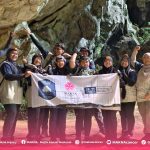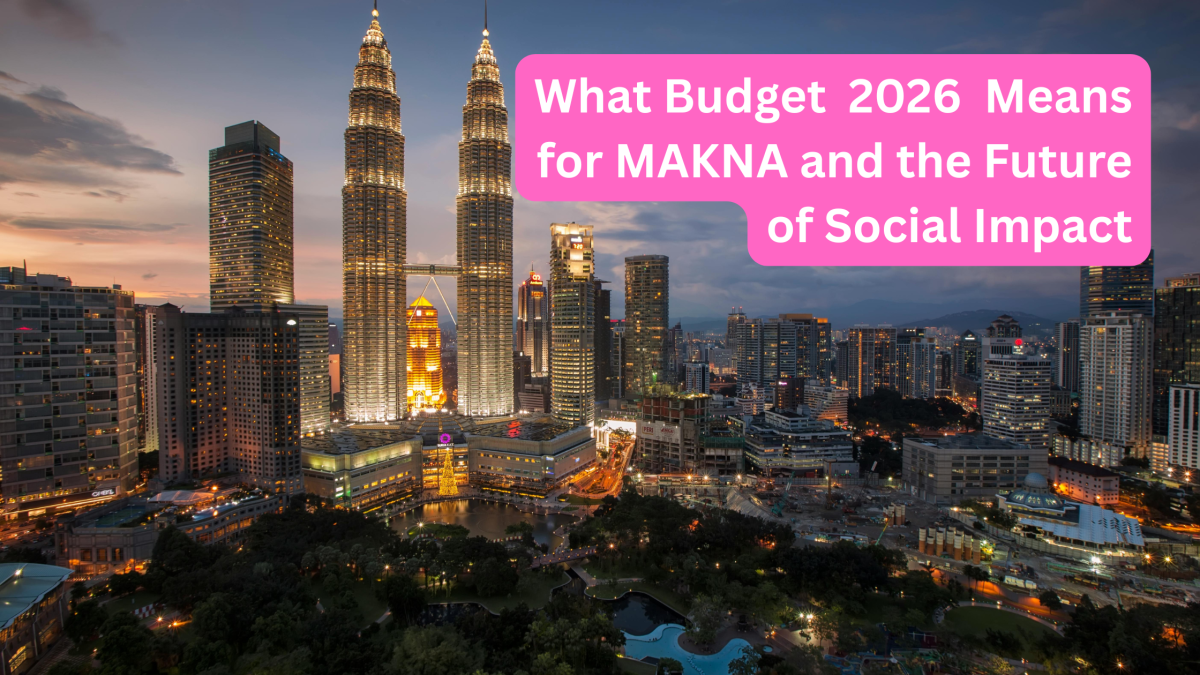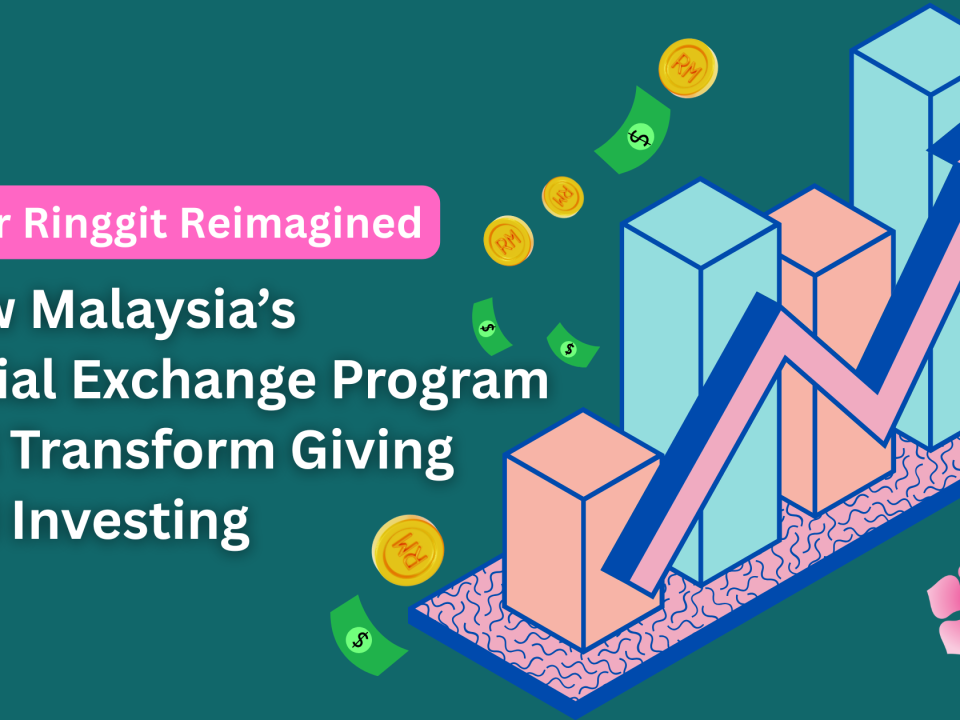
Cave Out Cancer: Finding Light in the Deepest Darkness
September 30, 2025
Creating A Brighter Future: BE International Continues to Support MAKNA Scholarship Program
October 16, 2025What Budget 2026 Means for MAKNA and the Future of Social Impact
The New National Direction
Malaysia’s 13th Economic Plan marks the start of a new chapter in national development — one that looks beyond growth figures to the quality, inclusiveness, and sustainability of progress. It envisions a Malaysia where social impact and economic advancement move in tandem, ensuring that prosperity uplifts not just markets, but people.
More than a policy roadmap, the Plan reflects a realignment of national priorities. As the country advances toward a more inclusive and sustainable economy, the work of organisations like MAKNA becomes even more vital. Its focus on social protection, healthcare resilience, and equitable growth resonates deeply with what MAKNA has long championed: ensuring that progress is not only achieved, but shared — especially with those most in need.
Building the Social Safety Net
One of the central aims of the 13th Economic Plan is to rebuild Malaysia’s social foundation — ensuring that as the nation advances economically, its welfare systems evolve in tandem. The government’s renewed focus on targeted assistance, decentralised service delivery, and cross-sector collaboration signals a lasting shift toward a more coordinated and equitable social support structure.
Historically, much of Malaysia’s welfare network has operated in silos — with ministries, NGOs, and local councils often addressing similar problems without a shared framework. The new plan seeks to change that by calling for stronger integration between public institutions and community-based organisations like MAKNA.
This shift brings both opportunity and responsibility. With NGOs recognised as strategic delivery partners, the work of providing cancer care, education, and community outreach stands to benefit from clearer policy direction, better resource alignment, and more collaborative infrastructure. It also strengthens the ability of charities to complement public healthcare — particularly in underserved and rural communities where access remains limited.
But this partnership goes beyond funding or coordination. It’s built on trust — a belief that non-profits bring something irreplaceable: proximity to people, agility in response, and a deep understanding of how poverty and illness actually unfold on the ground.
If implemented meaningfully, the Plan could help transform Malaysia’s welfare network from a patchwork of well-meaning efforts into a cohesive, data-informed, community-led system — one where NGOs are not the quiet hands mending what’s broken, but the steady voices helping decide what gets built next.
In that sense, MAKNA’s mission fits squarely within the Plan’s promise — ensuring that social progress is not just planned, but felt.
Sustainable Care & Sustainability
Under Malaysia’s Income Tax Act of 1967 (ITA), hospitals and educational institutions have long been allowed to receive tax-deductible donations for projects, facilities, and medical supplies — but with strict limits on how those funds are used, including a prohibition on business activity.
Budget 2026 proposes a meaningful change: allowing private hospitals to establish welfare and endowment funds managed internally. This would enable hospitals to reinvest their own funds and generate investment income to support their operations and community initiatives.
If implemented, this marks a step toward financial self-reliance and sustainability in healthcare — reducing dependence on external donations while enabling more consistent, long-term impact.
Similar models have proven successful abroad:
- Singapore – MediFund: Helps sustain critical healthcare services and medical research through investment income, creating stability beyond annual government budgets.
- United Kingdom – NHS Charities Together: A network of hospital-linked charities that channel funds directly to patient care, staff welfare, and infrastructure improvements, ensuring hospitals have the flexibility to act quickly in times of crisis.
- United States – Hospital Endowments: Prominent medical centres such as the Mayo Clinic and Cleveland Clinic manage dedicated endowment funds that support long-term research, patient care programs, and access for low-income patients.
For NGOs working alongside hospitals, such as MAKNA, this approach opens opportunities for deeper collaboration and shared funding models. With hospitals able to sustain themselves through welfare funds, NGOs can channel their resources more strategically — focusing on patient support, awareness, and community outreach rather than bridging financial shortfalls.
Ultimately, this policy shift reflects a broader transformation — from reactive philanthropy to proactive financial stewardship.
Funding the Future
Beyond fiscal measures and infrastructure spending, the 13th Economic Plan carries an important message — that social progress must be driven not only by aid, but by innovation, enterprise, and collaboration.
Both the Plan and Budget 2026 reinforce this through a series of incentives aimed at strengthening social enterprises and impact-driven organisations (IDEs). These include new and extended tax deductions, matching grants, and financing schemes designed to support entities that balance financial performance with measurable social outcomes:
- Tax incentives for social enterprises registered under the Malaysian Global Innovation & Creativity Centre (MaGIC), encouraging formalisation and long-term sustainability.
- Innovation grants for projects in AI, green technology, and social impact, fostering cross-sector collaboration between NGOs, academia, and private companies.
- Expansion of the Social Finance and Waqf Framework, aimed at mobilising capital for community development and healthcare access — a model that aligns strongly with MAKNA’s long-standing focus on equity and inclusion.
For Malaysia’s NGO landscape, these initiatives represent a paradigm shift. For decades, the third sector has relied on cyclical donations and corporate CSR funding. Now, these new incentives open a pathway toward financial diversification — enabling organisations to develop self-sustaining, innovation-led programmes that generate both social impact and revenue.
In the long term, this encourages a more resilient ecosystem — one where purpose and profitability coexist, and where social good becomes a sustainable part of national growth.
The Path Forward
The 13th Economic Plan signals Malaysia’s intent to build a fairer, more resilient economy — one that measures success not only in output, but in the depth of its impact.
While much depends on implementation, the direction is unmistakable: Malaysia is moving toward a future shaped by collaboration, innovation, and social inclusion. For NGOs, social enterprises, and partners across sectors, it marks the beginning of a more enabling landscape — where social contribution is recognised as a driver of national growth, not an afterthought.
Progress takes time, but the path forward is clear: Malaysia is shaping an economy where progress is measured by inclusion, not just expansion.




